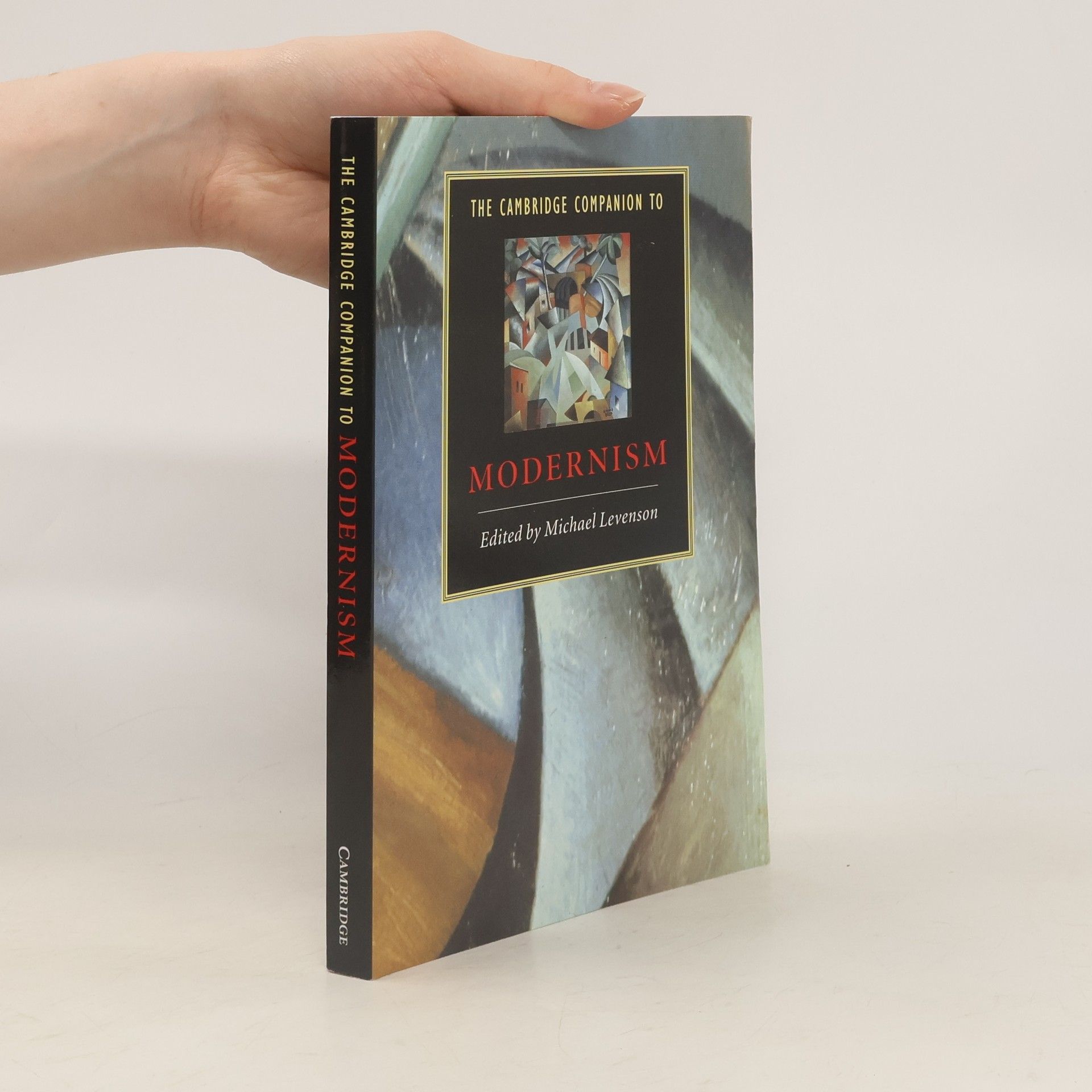Gunty's War
- 570 pages
- 20 hours of reading



Michael Levenson considers how the humanities exist beyond the walls of universities and take place in daily life- in book clubs, public libraries, museums, and historical re-enactments. He poses questions about amateurs versus professionals, what constitutes expertise, and the recent backlash against political elites.
In this Companion, eminent British and American scholars offer a guide to the revolutionary cultural transformations of the first decades of the twentieth century. Chapters on the major literary genres, on intellectual, political and institutional contexts, and on film and the visual arts, provide close analyses and a broader set of interpretive narratives. A Chronology and Guide to Further Reading supply valuable orientation within the field. Students will find much-needed help with the difficulties of approaching Modernism, while the essays' original contributions will send scholars back to this volume for stimulating reevaluation.